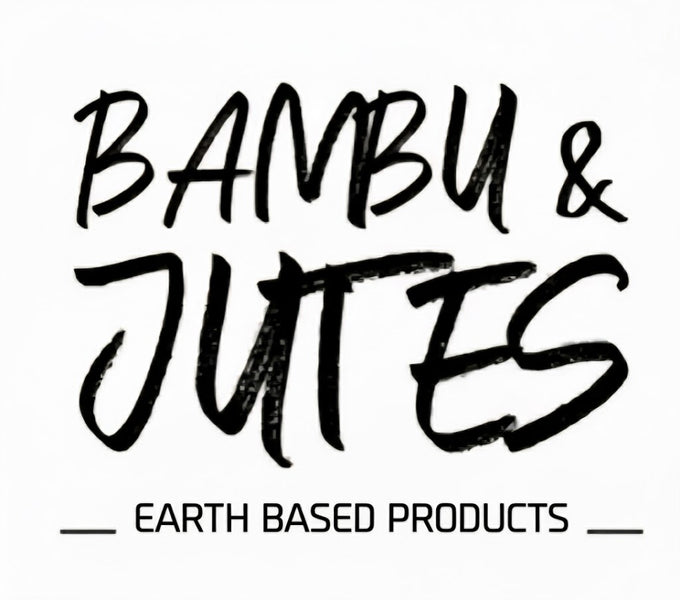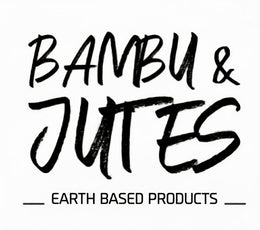Go Meatless: Small Changes, Big Impact
Why Going Meatless Matters: A Key to Protecting Our Planet
As the conversation around sustainable living intensifies, the impact of our dietary choices on the environment has become a focal point. One significant lifestyle change that is gaining traction is reducing or eliminating meat consumption. Beyond the personal health benefits, going meatless offers profound environmental advantages. This article delves into how adopting a plant-based diet can contribute to a healthier planet, with brands like Bambu & Jutes, HAIVYNS, REBIRTH GREEN, and Jorjia & Gryn all supporting this eco-conscious movement.
Reduced Greenhouse Gas Emissions
The meat industry is a major contributor to greenhouse gas emissions, including methane and carbon dioxide. Livestock farming is responsible for nearly 15% of global greenhouse gas emissions, a figure comparable to the entire transportation sector. Methane, primarily produced by ruminant animals like cows, is particularly concerning due to its potency—over 20 times more effective at trapping heat in the atmosphere than carbon dioxide. By choosing a meatless diet, we can significantly cut these emissions, playing a crucial role in mitigating climate change.
Conservation of Water Resources
Water conservation is a critical aspect of environmental sustainability, and the meat production process is incredibly water-intensive. For instance, it takes approximately 1,800 gallons of water to produce just one pound of beef, while producing a pound of tofu requires only about 200 gallons. This stark contrast highlights the potential of plant-based diets to alleviate pressure on our water resources, particularly in areas facing water scarcity. By going meatless, you’re not only making a healthier choice for yourself but also for the planet.
Less Deforestation
Deforestation is a significant environmental issue closely linked to meat production. Large areas of forests, particularly in the Amazon, are cleared to make room for cattle ranching and to grow feed crops like soybeans. This deforestation not only contributes to biodiversity loss but also diminishes the Earth's capacity to absorb carbon dioxide, exacerbating climate change. Opting for plant-based alternatives can reduce the demand for land-intensive meat production, helping to preserve these vital ecosystems.
Lower Energy Consumption
The process of raising, feeding, and processing livestock demands considerable energy. From the fuel required for farm machinery to the energy needed for transporting meat products, the cumulative energy footprint of the meat industry is substantial. In contrast, growing and harvesting plants generally requires less energy, particularly when considering the entire food supply chain. By adopting a meatless diet, you contribute to lowering overall energy consumption, fostering a more sustainable energy future.
Biodiversity Protection
Biodiversity is essential for maintaining balanced ecosystems. Unfortunately, the expansion of livestock farming often leads to habitat destruction, threatening wildlife populations. Additionally, the use of pesticides and fertilizers in growing animal feed harms local ecosystems. Transitioning to a plant-based diet can reduce the need for such harmful practices, allowing natural habitats to thrive and supporting greater biodiversity.
The environmental benefits of going meatless are clear and compelling. By reducing meat consumption, individuals can play a pivotal role in lowering greenhouse gas emissions, conserving water, preventing deforestation, decreasing energy usage, and protecting biodiversity. While the idea of transitioning to a completely plant-based diet may seem daunting, even small changes—like incorporating more meatless meals into your weekly routine—can make a significant difference. As the global community faces the growing challenges of climate change and environmental degradation, every choice we make counts. Brands like Bambu & Jutes, HAIVYNS, REBIRTH GREEN, and Jorjia & Gryn are leading by example, promoting products that align with these sustainable practices. Join the movement and contribute to a healthier, more sustainable future.
Explore sustainable products with Bambu & Jutes at www.bambujutes.com and check out our Haivyn Conditioner on Amazon here.













